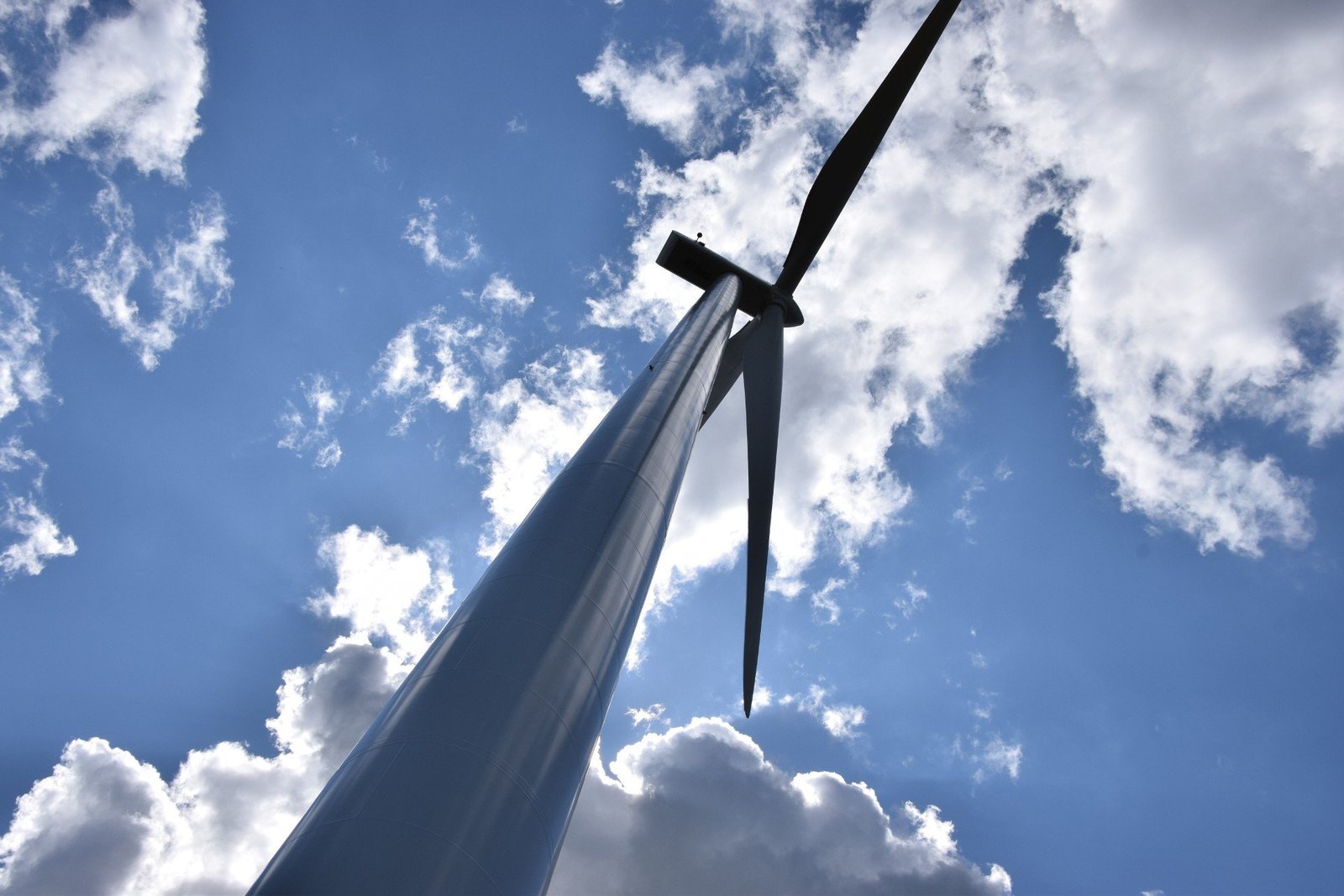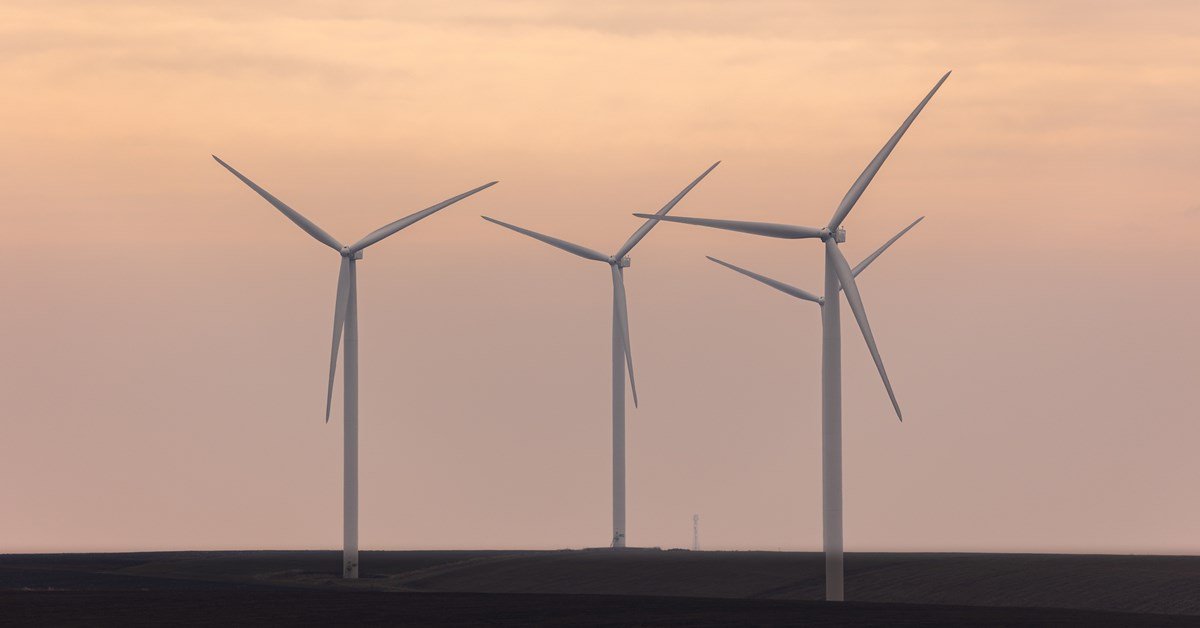A new economic study reveals that the marine contracting sector in Europe generates €80 billion in gross value added (GVA) and supports over 490,000 skilled jobs. This sector is essential for the construction and maintenance of offshore energy infrastructure, which is crucial for Europe’s energy security and its climate goals.
The International Marine Contractors Association (IMCA), which commissioned the study conducted by PA Consulting, emphasizes that investment certainty is vital for scaling up the marine contracting industry. This is necessary to meet the ambitious targets of installing 300 to 400 GW of offshore wind capacity by 2050.
Recent geopolitical events, including attacks on undersea cables and GPS disruptions, highlight the importance of a secure offshore infrastructure for economic stability. The marine contracting sector is critical in safeguarding this infrastructure, thereby enhancing Europe’s resilience against geopolitical and climate-related threats.
According to the study, the marine contracting industry is expected to produce over €45 billion in direct GVA and support more than 220,000 direct jobs by 2025. When accounting for indirect and induced effects, the total job count rises to 490,000. The GVA per worker in this sector is approximately 2.5 times higher than the European average, showcasing its economic significance.
Marine contractors are tasked with the installation and maintenance of offshore wind turbines and other energy infrastructure, including laying subsea cables and enabling carbon capture and storage. Their work is critical for reducing Europe’s reliance on imported fossil fuels and enhancing energy security.
To achieve the 2050 offshore wind targets, Europe must deploy over 10,000 offshore wind turbines. The marine contracting sector has the capacity to facilitate this installation, but it requires a supportive commercial and regulatory framework. Currently, the sector faces challenges, including a shortage of heavy-lift vessels and uncertainty regarding fuel regulations. Each heavy-lift ship takes four to six years to construct, with few vessels currently ordered.
Investment decisions are hindered by regulatory uncertainty, making it difficult for companies to commit to building new vessels that cost between €250 million and €3 billion. Long-term policy clarity is essential for facilitating these investments.
From 2025 to 2030, offshore wind installations could offset up to 3,100 million tonnes of CO₂ equivalent, comparable to removing over 650 million cars from the roads for a year.
IMCA’s CEO, Iain Grainger, stated that the marine contracting sector is prepared to collaborate with EU policymakers to achieve energy transition goals. However, this collaboration requires cohesive long-term policy support to increase capacity and meet future demand.
Lee Billingham, IMCA’s Director of Strategy, underscored the need for synchronized efforts in port access, fuel infrastructure, and regulatory frameworks. Alon Carmel, an energy transition expert from PA Consulting, highlighted the economic impact of the marine contracting sector, noting its contribution to job creation and GVA, while also playing an essential role in developing offshore energy infrastructure.
IMCA commissioned the Economic Impact Report to influence various EU initiatives, including the Action Plan for Affordable Energy and the EU Ocean Pact. The report calls for recognizing marine contracting as a strategic sector, offering targeted investment incentives, aligning training and visa frameworks for skilled labor, and strengthening the European offshore supply chain.
Failure to act may lead to a loss of strategic autonomy and resilience, as other regions could expand their capabilities in offshore energy. As the report indicates, the marine contracting sector currently contributes over €15 billion in taxes and approximately €1 billion in visa fees to European governments annually. Without clear support for new shipyards, cables, and crews, Europe risks falling behind in its energy transition efforts. Grainger emphasized the sector’s economic scale, stating that it stands alongside Europe’s largest industries and is integral to achieving energy security and climate objectives.




